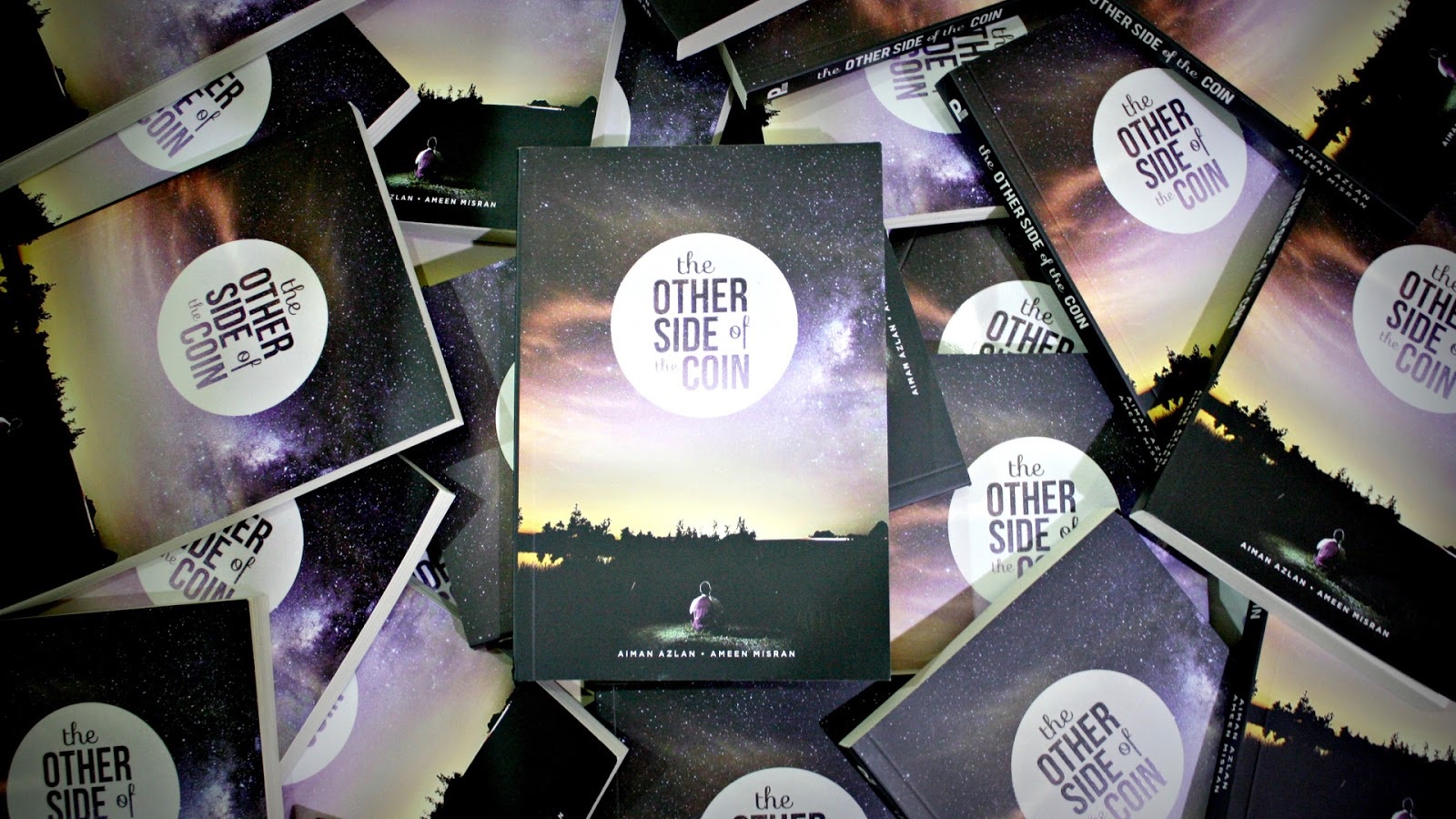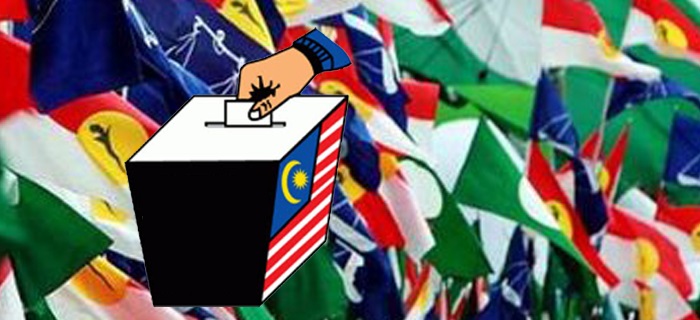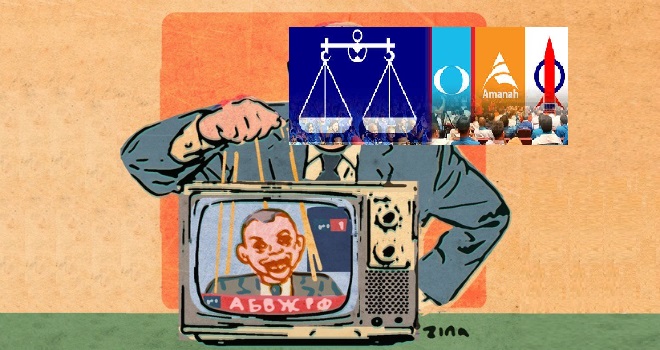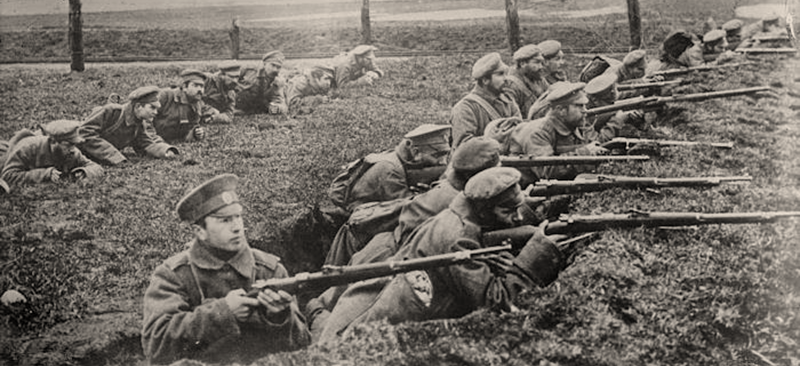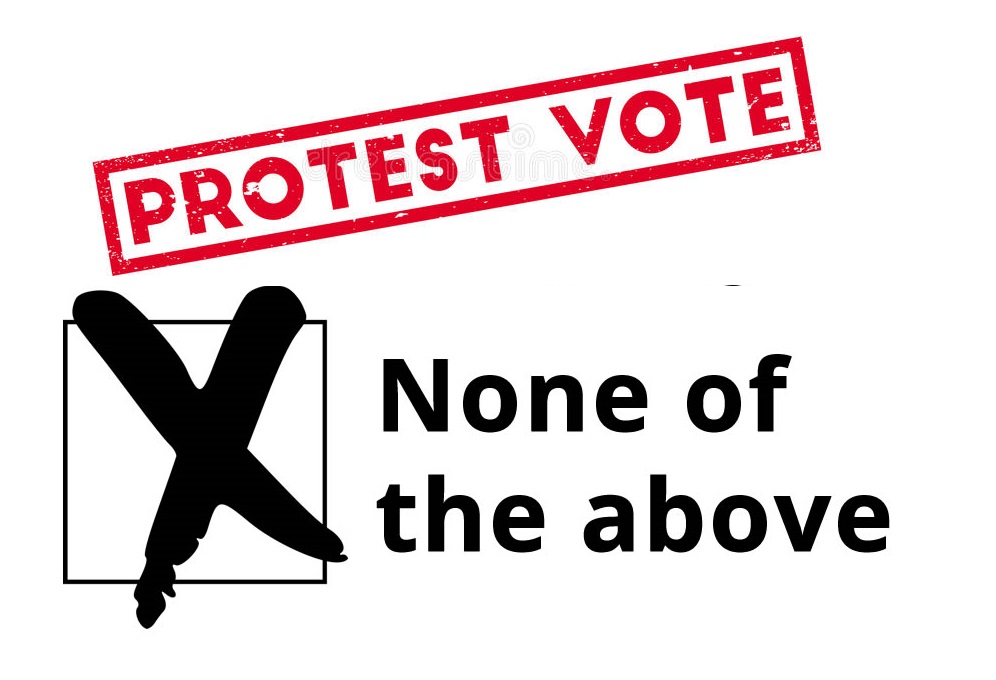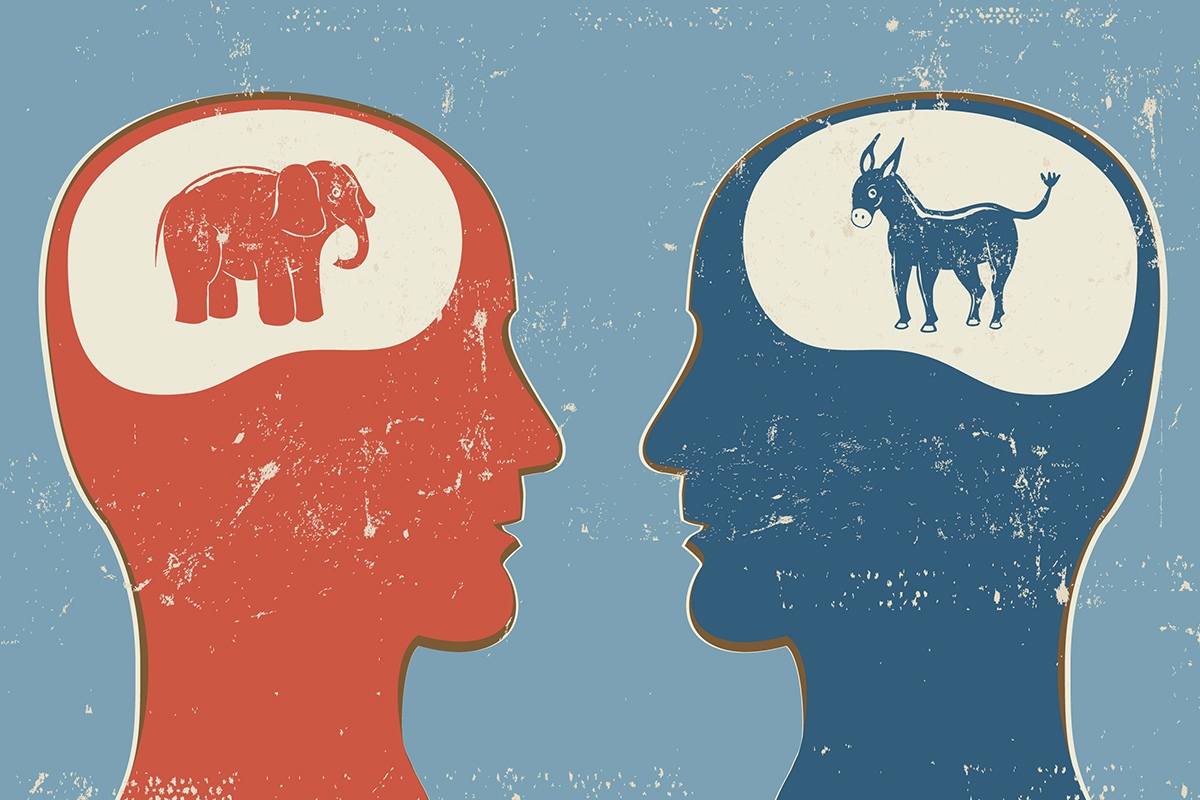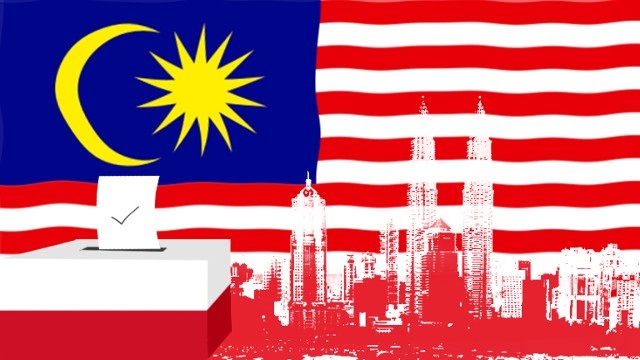
1. Jangan di ulang-ulang sejarah lama. Kita perlu pandang ke hadapan.
2. Kalau Anwar pun boleh maafkan, kenapa kita tak boleh.
3. Kita perlu pilih syaitan kecil berbanding syaitan besar.
4. Apa-apa pun kita kena jatuhkan rejim sedia ada, ini saja cara nak suburkan demokrasi.
5. Dia dah bertaubat, biarlah dia betulkan kesilapannya yang lalu.
6. Kita letak dia di situ supaya kita boleh dapat undi Melayu luar bandar. Tapi kami tak amalkan politik perkauman.
7. Kita nak lawan kezaliman sedia ada, bukan kezaliman lampau.
8. Saya intelektual dan tak setuju politik perkauman. Tapi bila terjun dalam bidang politik kita kena realistik. Jadi saya sertai parti berasaskan kaum.
9. SPR ini kotor dan tidak adil. Maka saya akan letak jawatan dalam NGO dan bertanding dalam PRU anjuran SPR.
10. Kita nak cadangkan jawatan tertinggi di hadkan hanya 2 penggal, tapi MB negeri kami dikecualikan.
11. Walaupun eksport dan GDP kita meningkat, negara kita akan bangkrap.
12. Pelaburan dan pinjaman dari China tanda pelabur asing percaya pada kebolehan ekonomi negeri kita. Kita akan batalkan projek pelaburan China jika berjaya jadi kerajaan.
13. Kita nak galakkan rakyat keluar mengundi, jadi kita akan buat undian di hari Rabu, ditengah minggu bekerja.
14. Kita percaya dalam sistem demokrasi semua orang ada hak untuk menyuarakan pendapat dan bertanding. Tapi parti-parti lain ni pengacau dan memecahkan undi.
15. Tengok Singapura, maju. Walaupun bayar pelbagai cukai dan bayar GST tetapi gaji mereka tinggi. Kita akan tingkatkan gaji dan mansuhkan GST.
16. Presiden parti Islam ni selalu ponteng persidangan berdasarkan laporan media online, tapi saya pun tak pasti sama ada presiden parti lain hadir dengan kehadiran 100% atau tidak.
17. Lihat pemimpin mereka disiasat SPRM, ini tandanya parti mereka korup. Siasatan SPRM terhadap pemimpin kami bermotifkan politik, akta SPRM bertentangan dengan perlembagaan.
18. Hanya parti kita yang bawa Islam sebenar, sokong parti lain berdosa.
Author of several books including Berfikir Tentang Pemikiran (2018), Lalang di Lautan Ideologi (2022), Dua Sayap Ilmu (2023), Resistance Sudah Berbunga (2024), Intelektual Yang Membosankan (2024), Homo Historikus (2024), DemokRasisma (2025), dan Dari Orientalisma Hingga ke Genosida (2025). Fathi write from his home at Sungai Petani, Kedah. He like to read, write and sleep.


